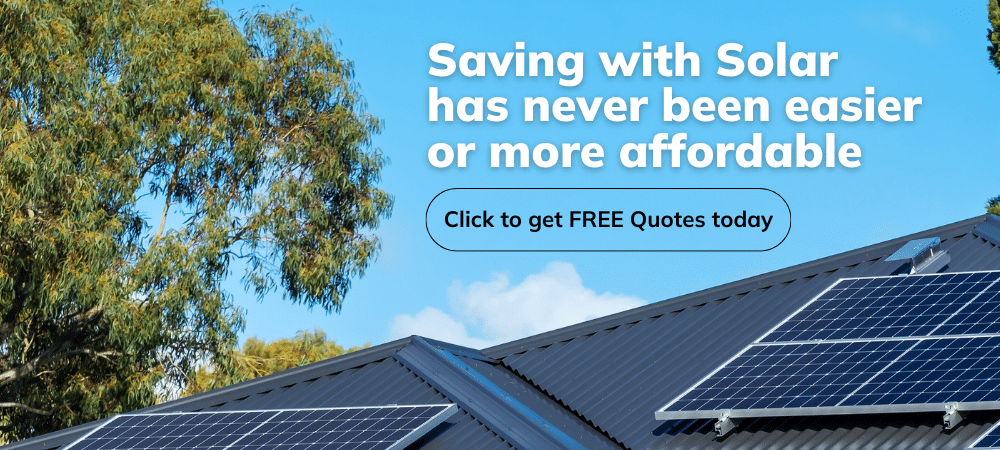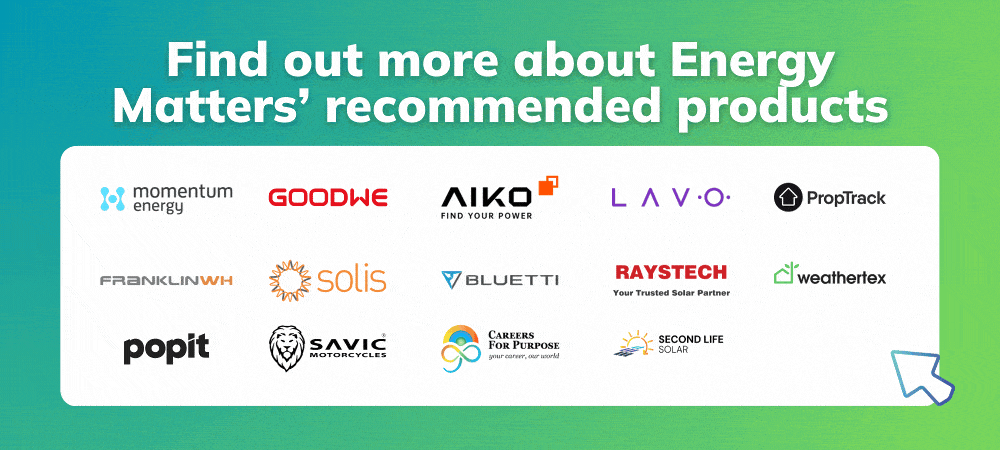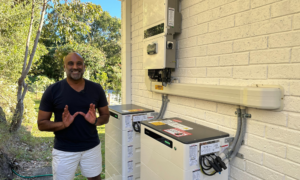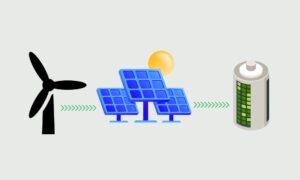Heating water is one of the most energy-hungry activities in any Australian household. Fortunately, a heat pump hot water system offers a smart and efficient alternative. Using advanced heat pump technology, Australia has increasingly adopted these systems, which can make hot water “out of thin air.” Let’s delve into how heat pumps work, why they’re gaining ground, and how Australians can benefit from this energy-efficient water heating solution.
Understanding the magic: How heat pumps work
The core principle of how heat pumps work is ingeniously simple, akin to a refrigerator but in reverse. Instead of expelling heat, they absorb it from the surrounding air, even on cooler days. This captured thermal energy is then transferred to heat your water, offering a vastly more efficient method than traditional electric or gas systems.
Here’s a breakdown of the process:
- Air intake
The system draws in ambient air using a fan. This air doesn’t have to be hot — just warmer than the refrigerant. - Heat transfer
A refrigerant with a very low boiling point absorbs heat from the air, causing it to evaporate into a gas. - Compression
The gaseous refrigerant is compressed, further increasing its temperature. - Heat exchange
This hot gas transfers its heat to water inside the tank via a heat exchanger. - Cooling and repeat
The refrigerant cools, returns to liquid, and the cycle repeats.
The Australian advantage: Why heat pumps are ideal

Australia’s diverse climate, ranging from scorching summers to cooler southern winters, makes it an ideal environment for air-source heat pump technology. These systems are designed to operate efficiently across a wide temperature range, ensuring a consistent hot water supply regardless of the season. Their ability to extract heat from the air, even when temperatures drop, is a key differentiator.
Furthermore, integrating a heat pump with rooftop solar PV systems can further amplify savings. By utilising self-generated solar electricity to power your heat pump, you can achieve virtually free hot water, significantly reducing your reliance on the grid. This synergy makes heat pumps a truly sustainable choice for the modern Australian home.
Heat pump vs. Electric hot water: A clear winner
When considering heat pump vs electric hot water, the benefits of a heat pump become strikingly clear. Traditional electric hot water systems utilise an electric resistance element to heat water, directly consuming a large amount of electricity. This method is comparatively inefficient.
In contrast, a heat pump primarily uses electricity to move heat, rather than generate it. This difference in operation allows heat pumps to be incredibly efficient, typically using 60-75% less electricity than conventional electric hot water systems. This translates directly into substantial savings on your energy bills, making them a wise long-term investment.
Heat pump vs Electric hot water: A cost & efficiency comparison
When deciding between a heat pump and vs. electric hot water system, several key differences become clear:
| Feature | Heat pump water heater | Electric water heater |
| Energy efficiency | 200–400% (more energy out than in) | 100% (energy in = energy out) |
| Operating cost | Lower long-term costs | Higher ongoing electricity bills |
| Initial installation | Higher upfront cost | Lower upfront cost |
| Carbon emissions | Lower (especially with solar) | Higher |
| Lifespan | 10–15 years | 8–12 years |
Energy-efficient water heating: Benefits for Australians
Switching to energy-efficient water heating with heat pumps offers multiple advantages:
- Lower electricity bills
Use 60–75% less power than electric water heaters. - Rebates and incentives
Government schemes, such as the Small-scale Renewable Energy Scheme (SRES) and state rebates, make switching to renewable energy more affordable. Check out our page to learn about hot water system rebates. - Environmentally friendly
Reduced carbon emissions, especially when paired with rooftop solar. - Quiet and safe operation
Minimal noise and no open flames or combustion processes. - Works in all climates
Even cold-climate models are available for colder regions in Australia, such as Tasmania or the Snowy Mountains.
Visit our page to see available Heat Pump brands in Australia.
Considerations for your heat pump hot water system
While the advantages are numerous, it’s essential to consider a few factors:
- Upfront cost: Heat pumps generally have a higher upfront cost than traditional electric systems. However, government rebates and long-term energy savings quickly recoup this investment.
- Space requirements: Heat pump units, especially those integrated into the system, require sufficient outdoor space for proper air circulation.
- Climate performance: While efficient in various climates, performance can be slightly better in milder temperatures. However, modern units are designed with features like defrost functions to ensure operation in colder conditions.
- Professional installation: Proper installation by a qualified professional is essential to ensure optimal performance and comply with warranty conditions.
Embrace a smarter, greener hot water solution
The shift towards heat pump hot water systems in Australia is more than a trend; it’s a smart, sustainable evolution in home energy. By harnessing heat from the air, these systems offer unparalleled energy efficiency, significant cost savings, and a tangible reduction in your carbon footprint.
Don’t let outdated water heating technology drain your budget and impact the planet. Act now and contact Energy Matters today to discover how a heat pump can transform your home’s hot water supply and contribute to a more sustainable future for Australia!




















































